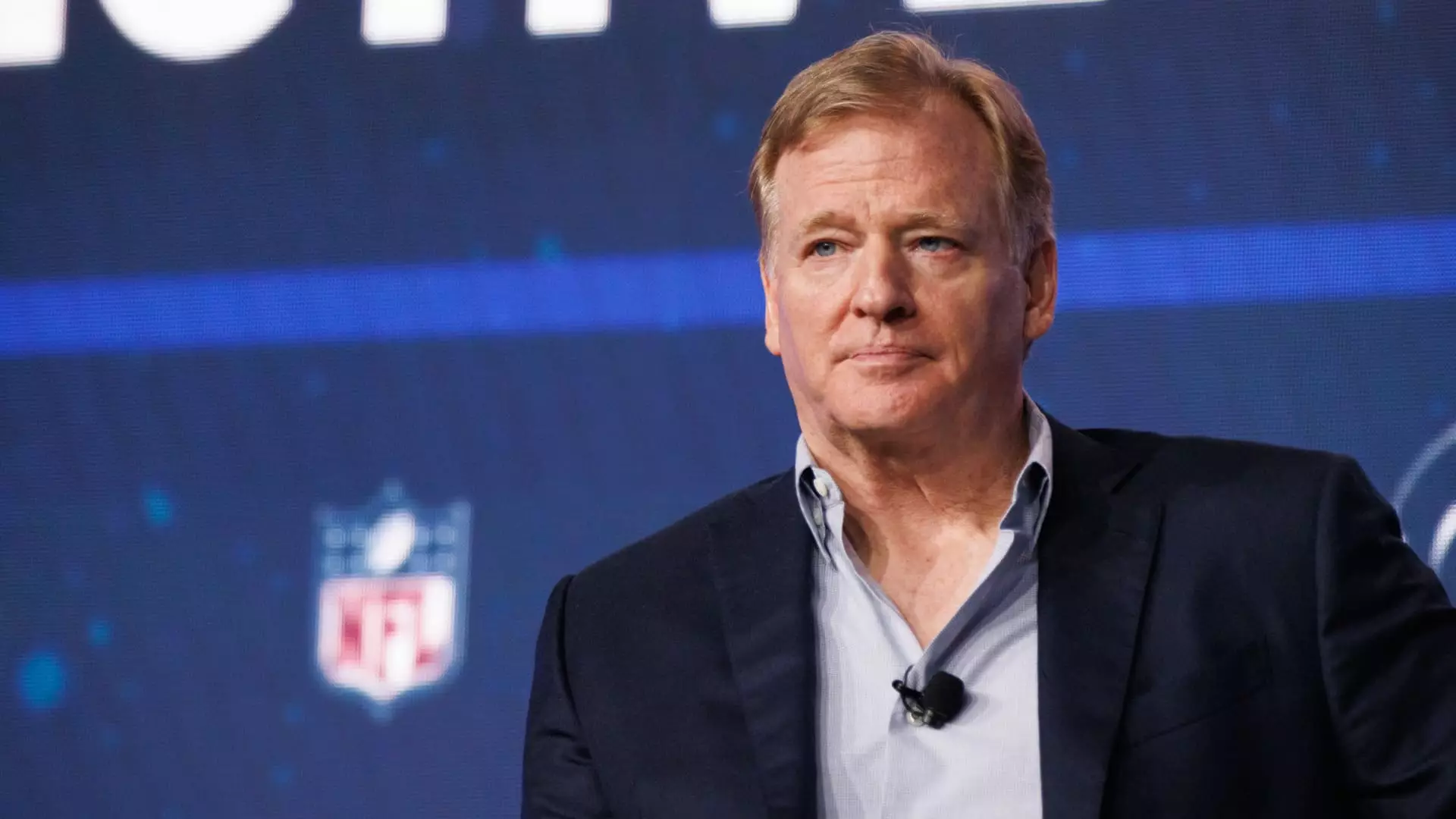The National Football League is pondering the idea of permitting minority private equity ownership for its 32 teams, potentially up to 10% stake. Commissioner Roger Goodell mentioned in a recent CNBC interview that they are looking to adjust their policies to keep up with the evolving sports landscape. Goodell highlighted the substantial interest shown by private equity firms and indicated that a limited amount of ownership, likely capped at 10% per team, could be a beneficial addition to their current ownership structure.
The league is aiming to finalize the new ownership policies by the end of the year, with the proposed 10% ceiling serving as a starting point. Goodell also hinted at the possibility of revisiting and potentially increasing this cap in the future. In comparison to other major U.S. sports leagues like the NBA, MLB, NHL, and MLS, which all allow private equity ownership of up to 30%, the NFL has traditionally favored individual or family ownership over institutional funds.
The escalating valuations of NFL franchises, fueled by lucrative media contracts, have resulted in a scenario where fewer individuals have the financial capacity to afford team ownership. For instance, the Washington Commanders were acquired for a record $6.05 billion in 2023, underscoring the financial challenges associated with team ownership in the current sports industry landscape. Private equity involvement, as demonstrated by the involvement of figures like Josh Harris, is showcasing a potential shift in thinking within the NFL ownership circles.
One of the distinguishing factors of private equity ownership is the potential for setting investment targets and exit thresholds, presenting a different dynamic compared to traditional ownership models. While the National Women’s Soccer League has embraced majority control by private equity firms, larger sports leagues like the NFL have been cautious due to concerns about influence and decision-making powers held by minority stakeholders. The allure of passive investment has its limitations, as highlighted by Ted Leonsis, owner of the Washington Capitals, Wizards, and Mystics, emphasizing the diminished role and control offered to investors in such arrangements.
Private equity firms, known for their expertise in seeking profitable investment avenues, may find themselves better equipped to navigate the nuances of minority ownership in the sports realm. The ability to leverage financial acumen and strategic insights could prove beneficial in enhancing the overall operations and long-term sustainability of NFL franchises. As the sports industry continues to evolve, embracing alternative ownership structures like minority private equity ownership could open up new avenues for growth and innovation within the league.

